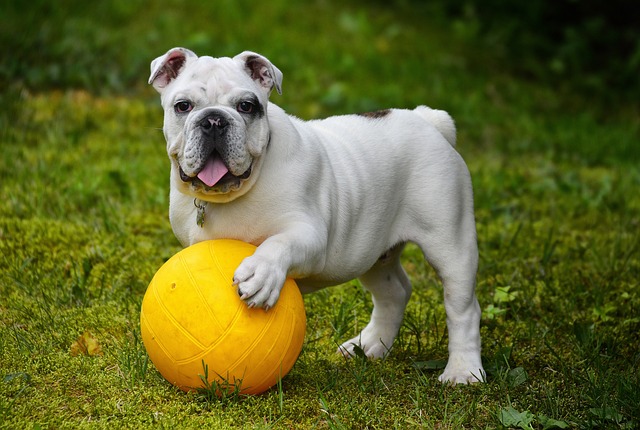
How can I tell if my dog's heatstroke is serious
Let’s be real: It’s a sticky August morning in Los Angeles, and you took your 2-year-old Golden Retriever, Max, for a walk a little later than usual
Soft weight settles on your palm as you’re scrolling through your phone—your dog’s chin, warm and slightly damp, resting gently on your hand. It’s a moment that feels instinctual, almost unspoken, but there’s more to it than meets the eye.
Dogs communicate through touch as much as barks or tail wags. That chin-on-hand gesture often starts as a request for connection. Puppies learn early that physical contact with their humans brings attention, whether it’s a scratch behind the ears or a reassuring pat. For adult dogs, it’s a calibrated move—they’ve figured out this position is hard to ignore, but gentle enough not to feel demanding.
In busy households across Europe and North America, this behavior can also signal a need for calm. A dog might press their chin to your hand after a loud noise, during a family gathering, or when they sense tension. It’s their way of saying, “I need to feel grounded, and you help me do that.” Veterinarians often note that this kind of contact releases oxytocin in both dogs and humans, strengthening the bond between them.
 But context matters. A sudden, heavy press might mean something else—maybe discomfort or a desire to move. Observant owners learn to read the subtleties: a relaxed jaw and soft eyes say “I trust you,” while a stiff body could indicate stress. This awareness is key, especially in regions with strict animal welfare laws. Understanding your dog’s signals helps prevent miscommunication that might lead to unintended harm, keeping both of you compliant with local regulations.
But context matters. A sudden, heavy press might mean something else—maybe discomfort or a desire to move. Observant owners learn to read the subtleties: a relaxed jaw and soft eyes say “I trust you,” while a stiff body could indicate stress. This awareness is key, especially in regions with strict animal welfare laws. Understanding your dog’s signals helps prevent miscommunication that might lead to unintended harm, keeping both of you compliant with local regulations.
Practical habits play a role too. Many owners in urban areas, where space is limited, find that these quiet interactions become daily rituals. A morning coffee with a chin on your hand, a quiet evening on the couch—these moments build trust. They’re also opportunities to check in: is their coat healthy? Are their ears clean? Regular, gentle contact makes health checks easier, which is essential for meeting legal requirements in places like Germany, where pet care standards are stringent, or Canada, with its strict anti-cruelty laws.
Ending the day with that familiar weight on your hand reminds you of the simplicity of their needs. It’s not about toys or treats, but connection. In a world of complicated rules and busy schedules, that’s a lesson worth holding onto.

Let’s be real: It’s a sticky August morning in Los Angeles, and you took your 2-year-old Golden Retriever, Max, for a walk a little later than usual

You're enjoying a summer afternoon at the park when you notice your dog has stopped panting and appears disoriented - their gums are bright red

Let’s paint the picture: You’re in your Denver apartment, watching your 4-year-old Boston Terrier, Ruby, plop down mid-play session with her favorite toy

Many dog owners notice their pets nails seem shorter after regular walks,but how much does this daily activity actually help?The answer depends on where you walk—concrete sidewalks or asphalt streets gently file nails as a dog's paws hit the ground

Most dog owners notice their pup scooting across the carpet at some point, but few connect it to impacted anal glands. These small sacs near a dog’s rectum secrete a scent for marking territory

Most vets agree that regular dog teeth cleaning is key to avoiding painful dental issues later. For healthy adult dogs, a professional cleaning at the vet’s office every 12 to 18 months usually works well.